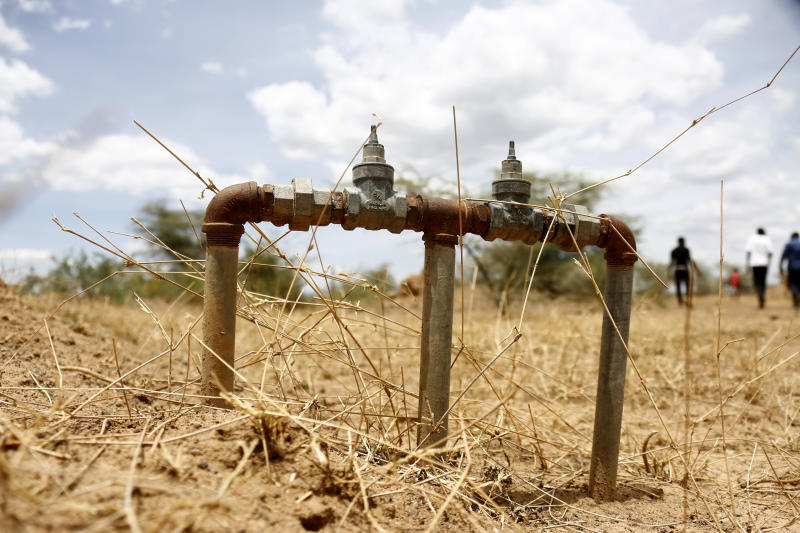×
The Standard e-Paper
Stay Informed, Even Offline

Pipes laid between 2012 and 2014 are dry and rusted, and the land is now bushy. Anthills as tall as five metres high are all over the land.
This is the current situation at the 1,000-acre Tot-Kolowa Irrigation Scheme in Baringo County.